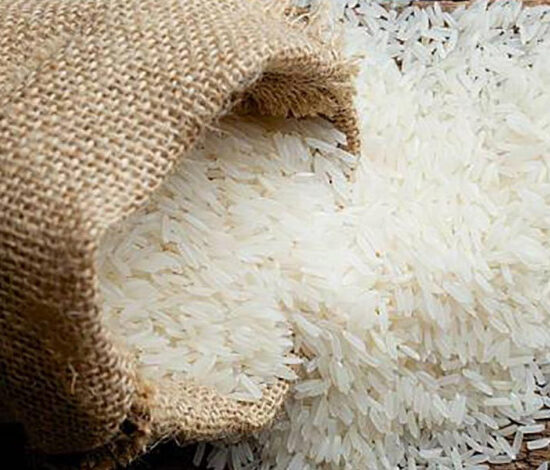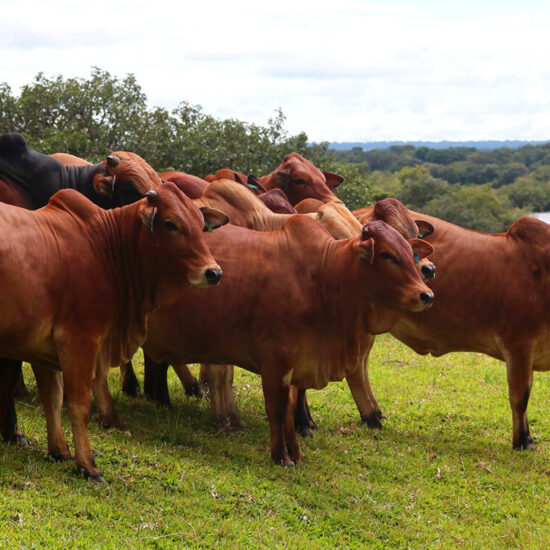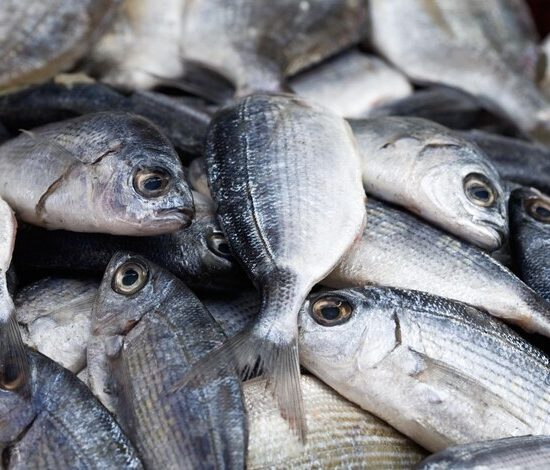
The delay in appointing a new Agriculture Minister by President Hakainde Hichilema risks forex inflows and halting mealie meal exports for at least two months after the previous deal hatched with government expired at end of August 2021.
The Millers Association of Zambia (MAZ) has confirmed that it members exported close to 80, 000 metric tonnes of mealie meal as opposed to the 100, 000 metric tonnes that it anticipated to export in the exportation programme that ended on 31 August 2021.
Association President Andrew Chintala said the association estimated to export 100, 000 metric tonnes but the market experienced a downtrend in terms of pricing at the border in mid-august due to the appreciation of kwacha, therefore the failure to meet the 100, 000 metric tonnes exportation target that was approved.
Chintala confirmed that exports have currently stopped as the association signed the Memorandum of Understanding (MOU) which was running up to the month end of August 2021 with the Ministry of Agriculture under the then Patriotic Front (PF) government.
Chintala said the association would again begin talks with the new government concerning the continuance of the exportation of mealie meal as soon as the Minister of Agriculture is appointed.
Speaking in an interview with the Zambian Business Times – ZBT, Chintala said the only condition millers needed to meet to be able to export mealie meal was leaving 80% of their production on the domestic market and sell 20% at the recommended price according to the MOU signed.
He said it was an open programme and millers were allowed to export 20% and sell 80% of their production to the local market in order to stabilize the prices adding that millers on the export programme tried to maximize on the exports and in return offer an affordable price for the local consumers.
He noted that over 33 companies were participating in the export programme and different companies came on board every month. Government allowed millers with their own maize to export 20% of their mealie meal and the decision was in line with the policy directive that government would only deal with millers who buy their own maize from farmers.







